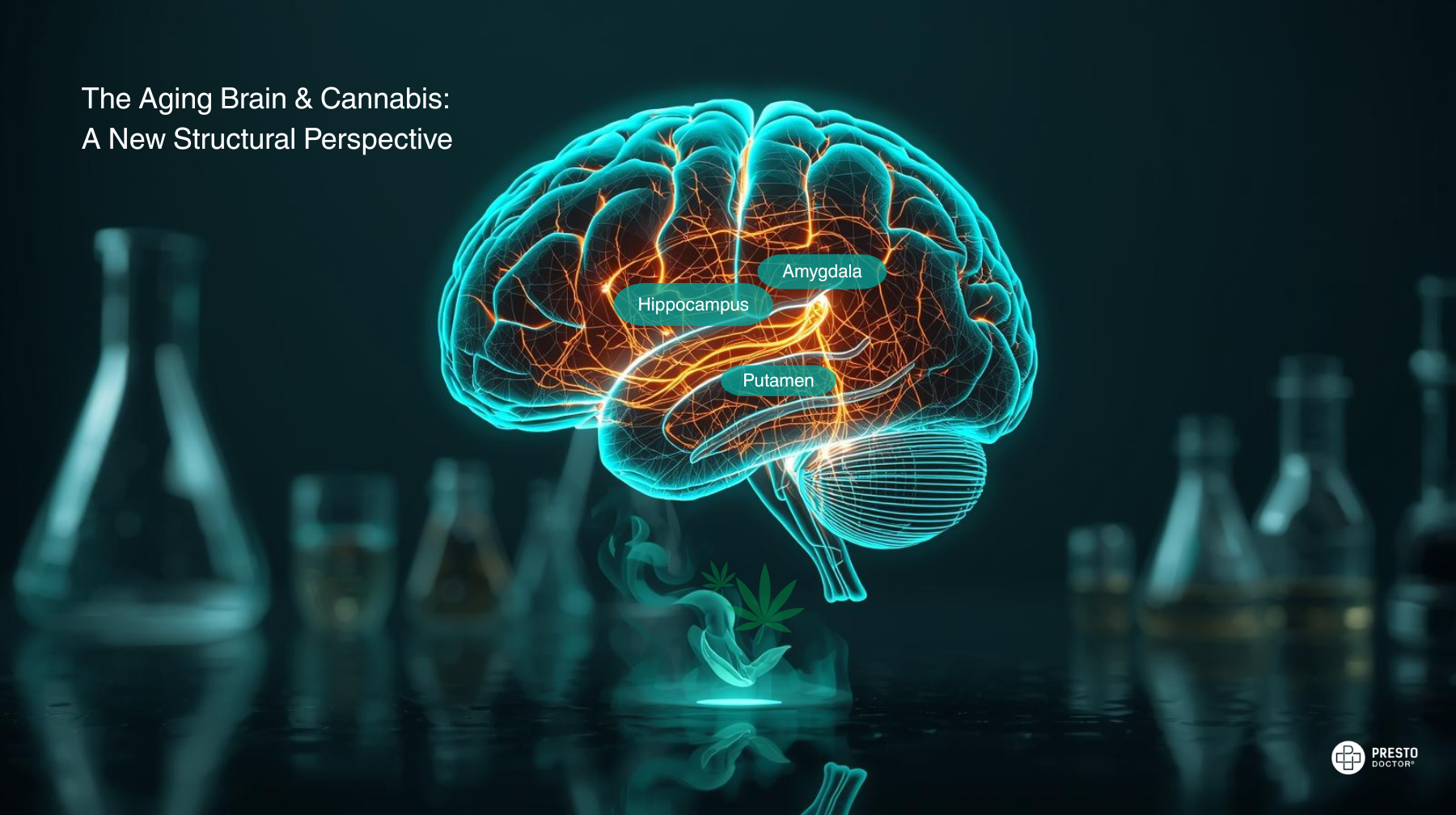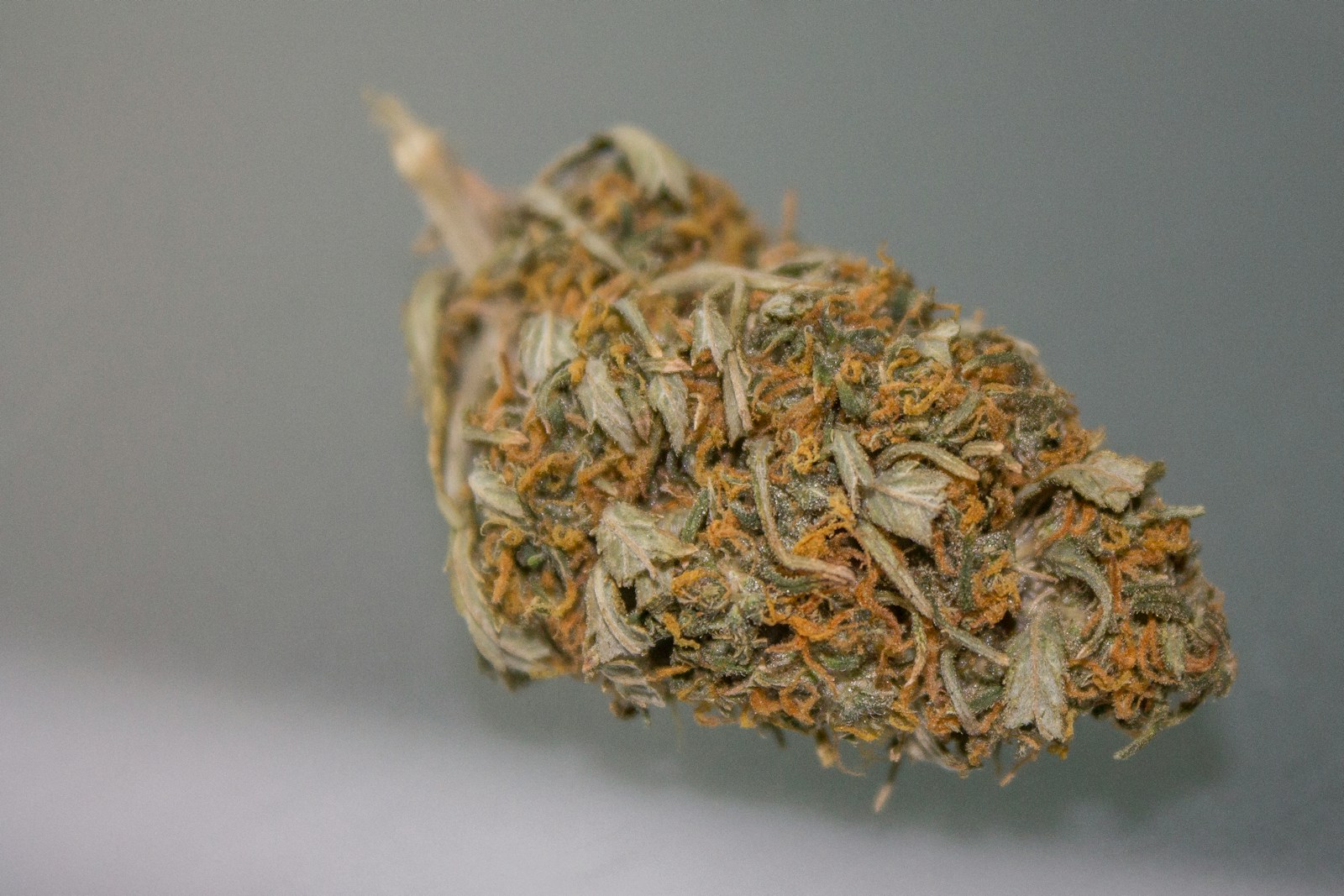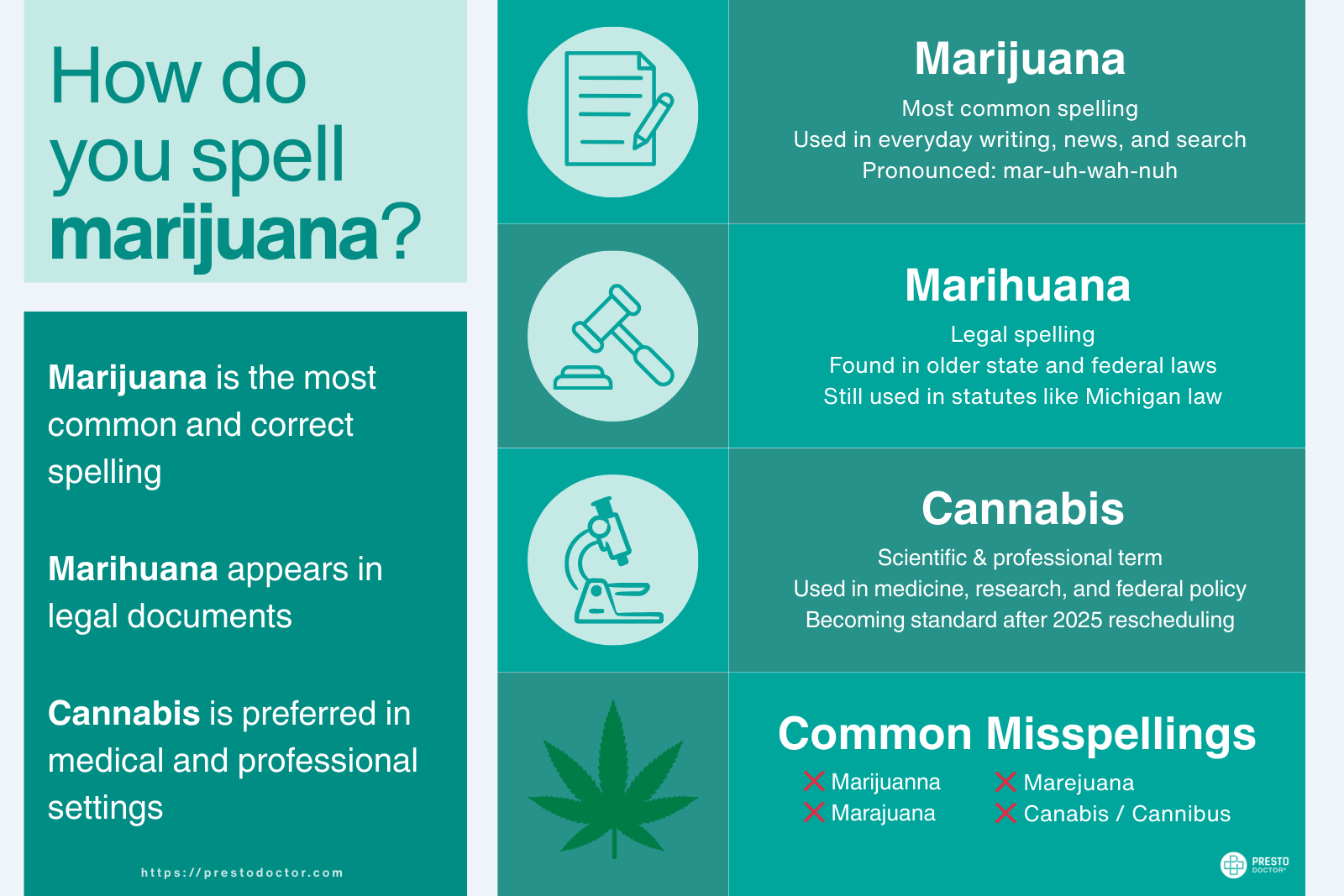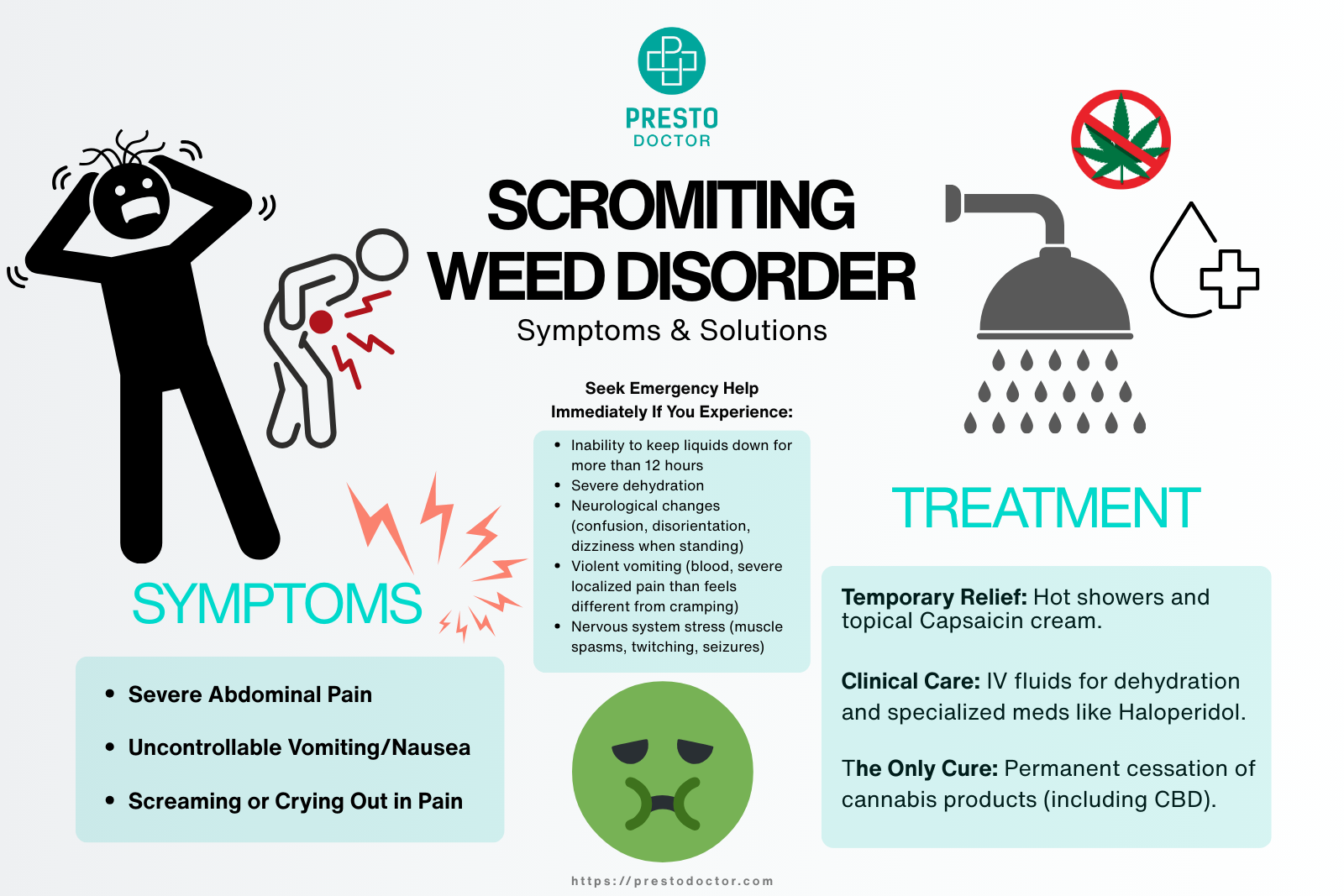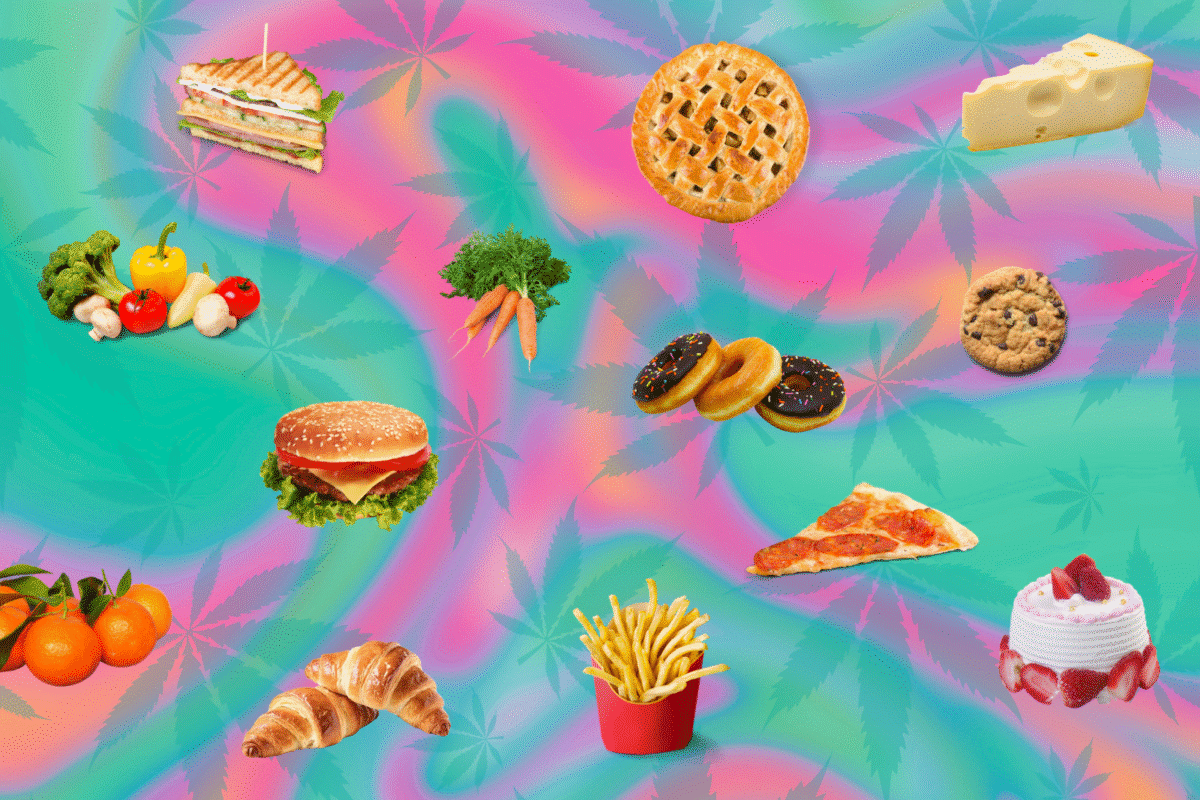
Psilocybin & Cannabis Outperform Antidepressants in Largest Eating Disorder Drug Study (7,600+ Participants). A landmark study published in JAMA Network Open reveals that cannabis and psychedelics are perceived by people with eating disorders as more effective than traditional psychiatric medications in managing core symptoms. This largest global survey of non-prescribed drug use among individuals with eating disorders involved more than 7,600 respondents across 83 countries, making it the most comprehensive eating disorder drug survey ever conducted. Early research into psilocybin for anorexia nervosa and psychedelic assisted therapy eating disorders suggests these substances may address treatment-resistant cases where conventional medications have failed.
Psilocybin for Anorexia Nervosa and Cannabis Show Superior Symptom Relief
Magic mushrooms, LSD, and cannabis rated more effective than antidepressants in this groundbreaking research on alternative therapies for eating disorders. Participants with restrictive eating disorders like anorexia and ARFID reported the most significant benefits from these substances, particularly when medical cannabis treatment was used under guidance.
Cannabis for Eating Disorders Clinical Trials: Key Benefits Identified
Cannabis for eating disorders was consistently rated as highly helpful, particularly for:
| Symptom Area | Cannabis Benefits | Patient-Reported Effectiveness |
|---|---|---|
| Appetite Stimulation | Activates medial hypothalamus | 85% of restrictive disorder patients |
| Food-Related Anxiety | Reduces meal-time distress | 78% reported significant improvement |
| Overall Symptom Relief | Beyond traditional medications | 73% found it more effective than SSRIs |
Data compiled from JAMA Network Open study of 7,600+ participants
Psychedelic-Assisted Therapy for EDs: Long-Lasting Impact Mechanisms
Psilocybin anorexia nervosa Lambert Initiative research demonstrates unique advantages such as:
- Used once or twice per year with long-lasting benefits (up to 6-12 months)
- Enhanced cognitive flexibility in overcoming rigid thinking patterns characteristic of anorexia
- Improved body image distress through neuroplasticity mechanisms
- Transpersonal healing experiences that address core psychological trauma underlying eating disorders
For patients considering cannabis as a medical treatment option, understanding these research findings can inform discussions with healthcare providers.
Global Survey Eating Disorders Cannabis Psychedelics: Comprehensive Demographics
This survey included diverse presentations across international populations:
Primary Eating Disorder Diagnoses
- 40% had anorexia nervosa (highest representation, 3,040 participants)
- 19% had bulimia nervosa (1,444 participants)
- 11% had binge-eating disorder (836 participants)
- 9% had ARFID (684 participants)
- Nearly 38% reported ED symptoms without formal diagnosis (2,888 participants)
Geographic Distribution & Demographics
- 94% female participants (7,144 individuals)
- 70% from Australia, UK, and United States
- 83 countries represented in total sample
- Average age: 25-35 years across all eating disorder types
Co-occurring Mental Health Conditions
Most participants also reported psychiatric comorbidities:
- Depression: 65% (4,940 participants)
- Generalized anxiety: 55% (4,180 participants)
- ADHD: 33% (2,508 participants)
- Substance use disorders: 15% (1,140 participants)
Cannabis Psychedelics Eating Disorder Clinical Trials: Substance Effectiveness Analysis
Highly Effective Alternative Therapies
| Substance | ED Symptom Impact | Frequency of Use | Key Benefits |
|---|---|---|---|
| Cannabis | Highly Helpful (8.2/10) | Daily to weekly | Appetite stimulation, anxiety reduction |
| Psilocybin | Highly Helpful (8.5/10) | 1-2 times yearly | Cognitive flexibility, lasting mood improvements |
| LSD | Highly Helpful (8.1/10) | 1-3 times yearly | Enhanced emotional processing, body image improvements |
Moderately Helpful Traditional Medications
| Medication Class | General Mental Health | ED-Specific Symptoms | Usage Rate |
|---|---|---|---|
| SSRIs/Antidepressants | Moderately Helpful (6.8/10) | Limited Benefit (4.2/10) | 68% of participants |
| Stimulants (BED) | Mixed Results (5.5/10) | Helpful for BED (7.1/10) | 23% of BED patients |
| Stimulants (Restrictive) | Poor (3.2/10) | Harmful (2.1/10) | 11% of anorexic patients |
Effectiveness ratings based on participant self-reports in JAMA study
Harmful Substances Clearly Identified
Alcohol, nicotine and cocaine harmful to ED symptoms, with participants reporting the following:
- Alcohol: Worsened symptoms (2.8/10 rating), increased depression
- Nicotine/Tobacco: Negative impact (3.1/10), heightened anxiety
- Cocaine: Severe harm (1.9/10), dangerous symptom exacerbation
Expert Commentary on Eating Disorders Cannabis Psychedelics Treatment
“Cannabis and psychedelics stood out as offering unique benefits for our participants—especially those with restrictive disorders like anorexia and ARFID,” said Professor Iain McGregor, Director of the Lambert Initiative for Cannabinoid Therapeutics at the University of Sydney.
“This research suggests that cannabis and psychedelics hold significant promise for improving quality of life in individuals suffering eating disorders. This is particularly salient since current pharmacological options for these patients are severely limited,” McGregor added. The potential for psychedelic assisted therapy eating disorders to transform treatment outcomes has since prompted increased funding for clinical research across multiple institutions.
This finding is particularly significant given that FDA hasn’t approved medications for core ED symptoms, leaving patients with limited evidence-based treatment options and driving interest in medical cannabis programs.
Psilocybin Anorexia Nervosa Lambert Initiative: Current Clinical Trials
Several groundbreaking cannabis psychedelics eating disorder clinical trials are now underway to validate these survey findings:
CBD for Anorexia Clinical Trial Sydney
- CBD pilot study for anorexia in youth conducted by Lambert Initiative and InsideOut Institute
- First formal clinical investigation of cannabidiol for restrictive eating disorders
- Phase 1 safety trial: 30 adolescent participants aged 16-25
- Primary endpoints: Safety, tolerability, and preliminary efficacy signals
- Expected completion: Late 2025
Psilocybin Anorexia Treatment Clinical Research
- Lambert Initiative clinical trial psilocybin anorexia research in Phase 1
- Psychedelic-assisted therapy for EDs combining supervised sessions with specialized therapeutic support
- Target population: Treatment-resistant anorexia nervosa patients
- Study design: Randomized, double-blind, placebo-controlled
- Primary focus: Targeting the rigid thinking patterns and also cognitive inflexibility characteristic of anorexia nervosa
Psychedelic Assisted Therapy Eating Disorders: Mechanisms and Treatment Protocols
Psychedelic therapy for eating disorders represents a paradigm shift in treatment approaches, particularly for conditions that have shown resistance to conventional interventions. The psilocybin for anorexia nervosa research emerging from leading institutions demonstrates how psychedelic medicine eating disorders applications work through multiple therapeutic mechanisms.
How Psychedelic Treatment Eating Disorders Works
Psilocybin therapy eating disorders protocols typically involve three key phases:
| Treatment Phase | Duration | Key Components |
|---|---|---|
| Preparation | 2-4 weeks | Psychological assessment, expectation setting, therapeutic alliance building |
| Psychedelic Session | 6-8 hours | Supervised psilocybin administration with therapeutic support |
| Integration | 8-12 weeks | Processing experiences, implementing insights, ongoing therapy |
Psilocybin Anorexia Research: Neurobiological Mechanisms
Magic mushrooms for anorexia show promise through several neurobiological pathways:
- Serotonin 2A receptor activation: Increases neuroplasticity and also cognitive flexibility
- Default Mode Network disruption: Breaks rigid thought patterns characteristic of anorexia
- Increased emotional processing: Enhances ability to process trauma underlying eating disorders
- Body image perception changes: Reduces distorted self-perception and body dysmorphia
Psychedelic Assisted ED Therapy: Patient Selection Criteria
Mushroom therapy for anorexia candidates typically meet the following criteria:
- Treatment-resistant anorexia nervosa (failed 2+ traditional interventions)
- Medically stable (BMI >16, stable vital signs)
- No history of psychosis or severe personality disorders
- Committed to comprehensive aftercare program
- Age 18+ (some trials include 16+ with parental consent)
The psilocybin anorexia research shows particular promise for patients who have experienced trauma-related eating disorders, where traditional cognitive-behavioral approaches have shown limited effectiveness.
Eating Disorder Drug Survey: Why This Research Matters
The significance of this eating disorder drug survey becomes clear when considering current treatment limitations:
Current Treatment Landscape Challenges
- No FDA-approved medications specifically target core eating disorder symptoms
- High relapse rates with conventional approaches (60-80% for anorexia)
- Limited options for treatment-resistant cases
- Average treatment duration: 5-7 years for full recovery
- Mortality rates: Anorexia has highest mortality rate of any psychiatric disorder
The Promise of Cannabis Psychedelics Eating Disorder Treatment
This research validates what many patients have discovered through non-prescribed treatments: certain substances may offer symptom relief where traditional medications fall short.
Key treatment gaps filled:
- Appetite stimulation in restrictive disorders
- Cognitive flexibility enhancement for rigid thought patterns
- Anxiety reduction around food and eating
- Long-term psychological healing addressing underlying trauma
Eating Disorders Cannabis Psychedelics Safety Considerations
While the global survey eating disorders cannabis psychedelics shows promising patient-reported outcomes, researchers emphasize important safety considerations for medical cannabis patients:
Cannabis Safety Profile for Eating Disorders
- Dependency risk: 9% of cannabis users develop dependence
- Drug interactions: Potential interactions with psychiatric medications
- Dosing considerations: Individual response varies significantly
- Medical supervision: Essential for eating disorder populations
- Strain selection: CBD-dominant strains may be preferred for anxiety
Psychedelic Safety Protocol Requirements
- Controlled therapeutic settings mandatory for optimal safety
- Psychological screening to identify contraindications
- Preparation and integration sessions essential
- Trained facilitators required for eating disorder populations
- Emergency protocols for adverse psychological reactions
Frequently Asked Questions: Cannabis Psychedelics Eating Disorder Treatment
How effective are cannabis and psychedelics compared to traditional eating disorder medications?
Based on the largest global survey data, patients rated cannabis and psychedelics significantly more effective than traditional medications for eating disorder-specific symptoms, with psilocybin receiving an average effectiveness rating of 8.5/10 compared to antidepressants at 4.2/10 for ED symptoms.
Which eating disorders benefit most from cannabis and psychedelic treatment?
Restrictive eating disorders like anorexia and ARFID showed the highest benefit rates, with 85% of anorexic participants reporting appetite stimulation benefits from cannabis and 78% reporting reduced food-related anxiety.
Are cannabis and psychedelics safe for eating disorder patients?
While patient-reported benefits are significant, medical supervision is essential. The research emphasizes that unregulated self-treatment carries risks, particularly for vulnerable eating disorder populations. Medical cannabis programs provide structured access in addition to healthcare oversight.
What clinical trials are currently studying these treatments?
The Lambert Initiative clinical trials include CBD for adolescent anorexia and psilocybin-assisted therapy for treatment-resistant cases. Also, additional studies are planned for THC/CBD combinations and long-term safety assessment.
Cannabis Psychedelics Eating Disorder Clinical Trials: Key Research Takeaways
This groundbreaking most comprehensive eating disorder drug survey provides the strongest evidence to date that cannabis and psychedelics for eating disorder treatment may offer significant benefits, particularly for individuals with restrictive eating disorders like anorexia and ARFID.
Critical Research Findings:
✅ Psilocybin and cannabis rated more effective than antidepressants for ED-specific symptoms
✅ Magic mushrooms and LSD show particular promise for cognitive flexibility and also lasting psychological benefits
✅ Alternative therapies may fill crucial gaps where traditional treatments fall short
✅ Clinical trials are essential to establish safety and also efficacy protocols
✅ Medical supervision is crucial for safe implementation
Clinical Implications:
- Treatment-resistant cases may benefit from supervised cannabis/psychedelic protocols
- Appetite stimulation through cannabis may address core anorexic symptoms
- Cognitive flexibility from psychedelics could break rigid thought patterns
- Integrated approaches combining both traditional and alternative therapies show promise
The convergence of patient-reported benefits and emerging clinical evidence positions psychedelic assisted therapy eating disorders as a potential breakthrough in treating severe, chronic cases.
This article is based on peer-reviewed research published in JAMA Network Open. For eating disorder treatment and medical cannabis consultation, always work with qualified healthcare providers specializing in eating disorder care.

